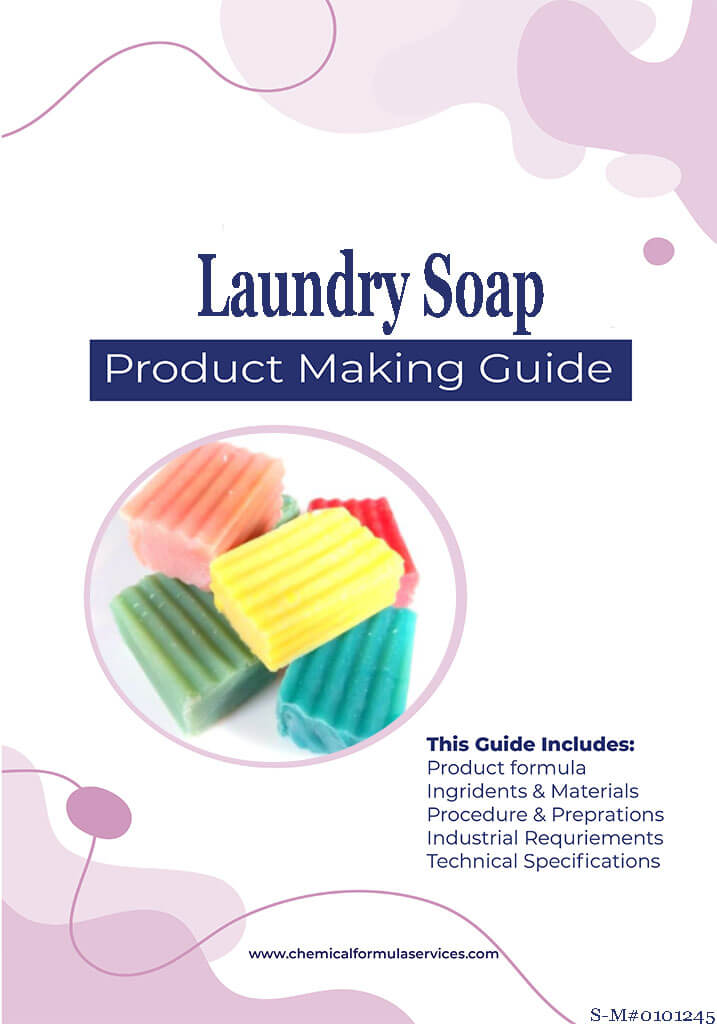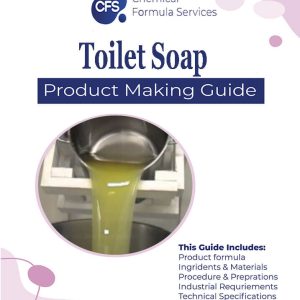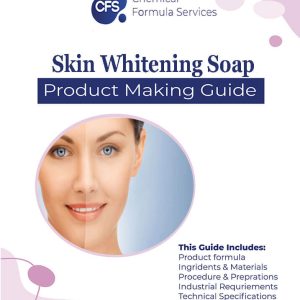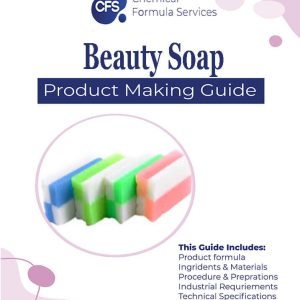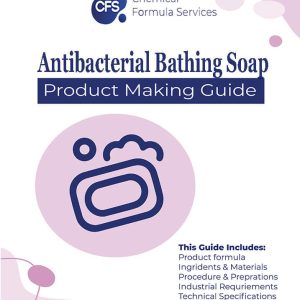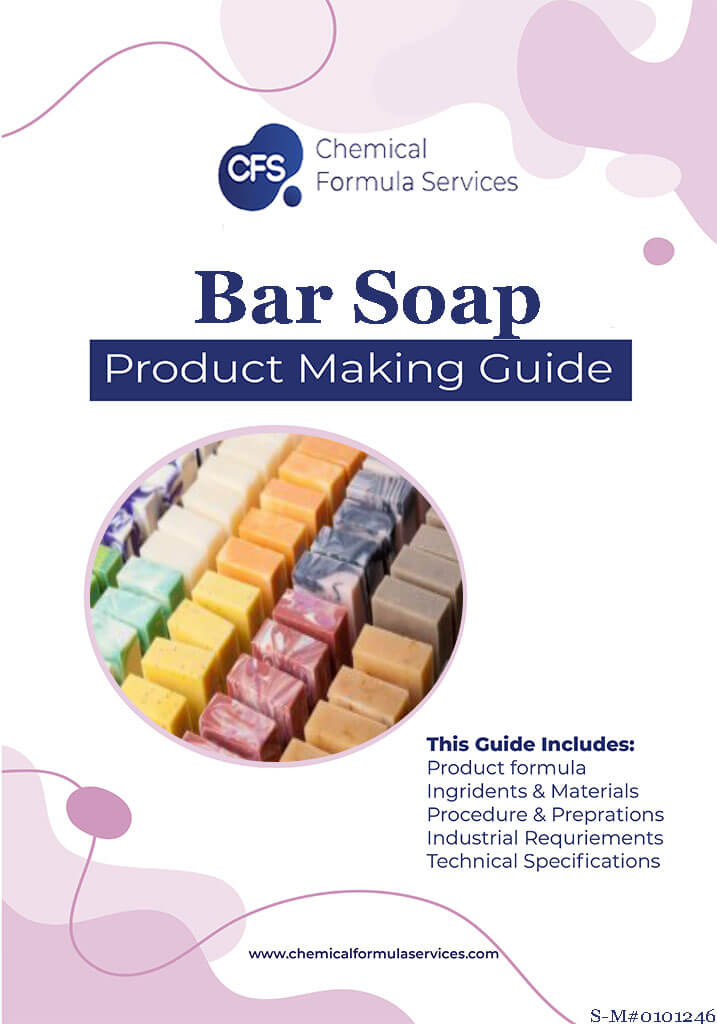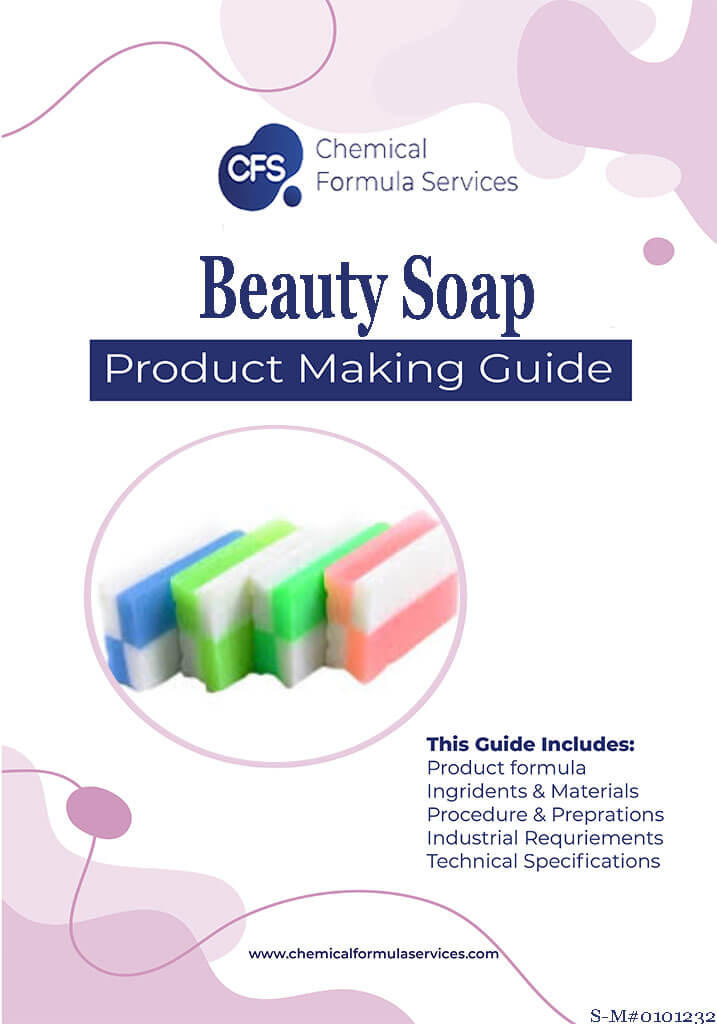Laundry Soap Bar Formula
$ 65
Price :65.0 $
Description
Laundry soap bar , also known as laundry detergent or laundry powder, is a cleaning product specifically formulated for washing clothes and other fabrics. It is designed to remove dirt, stains, and odors from clothing effectively. Laundry soaps come in various forms, including powders, liquids, and pods.
Key components and features of laundry soap bar
- Surfactants: Surfactants are the primary active ingredients in laundry soap. They help to remove dirt, oil, and stains from fabrics by lowering the surface tension of water, allowing it to penetrate the fibers and lift away dirt particles.
- Enzymes: Many laundry soaps contain enzymes such as proteases, amylases, and lipases. These enzymes target specific types of stains, such as protein-based stains (like blood or grass), starch-based stains, or oily stains, and break them down for easier removal during the washing process.
- Builders: Builders are substances added to laundry soap to enhance its cleaning effectiveness. They help to soften water, prevent the re-deposition of dirt, and improve the overall performance of the soap.
- Fragrances: Laundry soaps often contain fragrances to provide a pleasant scent to freshly washed clothes. However, unscented options are also available for those with sensitivities or preferences.
- Optical brighteners: Some laundry soaps contain optical brighteners, which are chemicals that absorb ultraviolet light and emit a bluish-white glow. This gives the illusion of brighter, whiter clothing by enhancing the appearance of the fabric.
Laundry soap making business
Starting a laundry soap making business can be a rewarding venture. Here are some steps to consider when setting up your own laundry soap making business:
- Research and Planning:
- Conduct market research to understand the demand for laundry soaps in your target market.
- Identify your target customers and their preferences, such as eco-friendly or hypoallergenic products.
- Analyze your competition and identify ways to differentiate your products.
- Define your Product Line:
- Decide on the types of laundry soaps you want to offer, such as powder, liquid, or specialty soaps.
- Determine the ingredients and formulations for your laundry soaps, considering factors like cleaning efficacy, fragrance, and eco-friendliness.
- Develop a Business Plan:
- Outline your business goals, target market, marketing strategies, pricing, and financial projections.
- Determine the required startup costs, including equipment, raw materials, packaging, and marketing expenses.
- Obtain Necessary Licenses and Permits:
- Check with local authorities to identify the specific licenses and permits required to operate a soap manufacturing business in your area.
- Ensure compliance with any health, safety, and environmental regulations.
Secure Suppliers and Raw Materials
-
- Establish relationships with reliable suppliers of raw materials, such as surfactants, enzymes, fragrances, and packaging materials.
- Source high-quality ingredients while considering cost-effectiveness and sustainability.
- Set up a Production Facility:
- Determine the space and equipment needed for your soap production.
- Ensure compliance with safety and hygiene standards for manufacturing soaps.
- Invest in equipment like mixers, blending tanks, scales, and packaging machinery.
- Develop a Brand and Packaging:
- Create a distinctive brand name and logo that aligns with your target market and product positioning.
- Design attractive and informative packaging that reflects the quality and benefits of your laundry soaps.
- Test and Refine Your Formulations:
- Conduct thorough testing of your laundry soap formulations to ensure they meet quality standards and perform effectively.
- Seek feedback from potential customers and make necessary adjustments to improve your products.
- Establish Sales and Distribution Channels:
- Determine your sales strategy, whether it involves selling directly to consumers, supplying to retailers, or a combination of both.
- Explore online sales platforms, local retail stores, and partnerships with laundromats or cleaning services.
- Implement Marketing and Promotion:
- Develop a marketing plan to raise awareness and promote your laundry soaps.
- Utilize various channels, such as social media, websites, local advertising, and product demonstrations, to reach your target audience.
- Monitor and Adapt:
Regularly review your business performance, customer feedback, and market trends to make necessary adjustments and improvements.
For complete formulation with its processing techniques add to cart this product and start your own laundry soap making business with a prime confidence.

